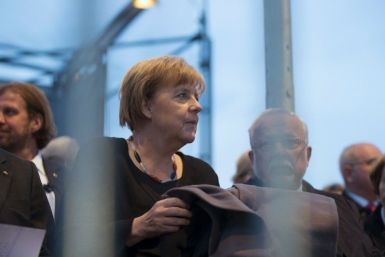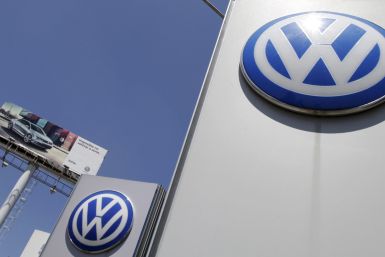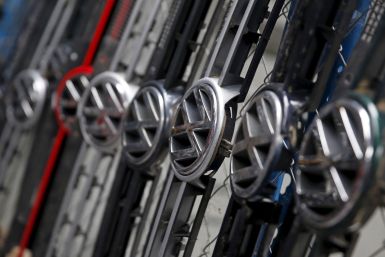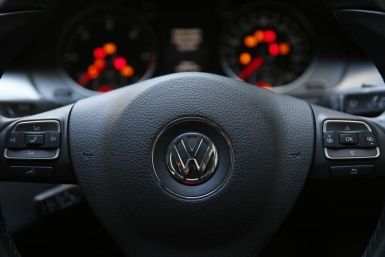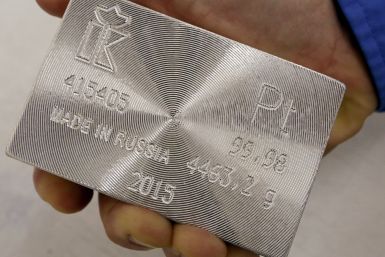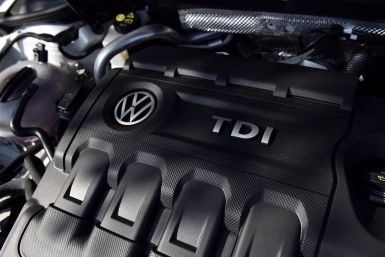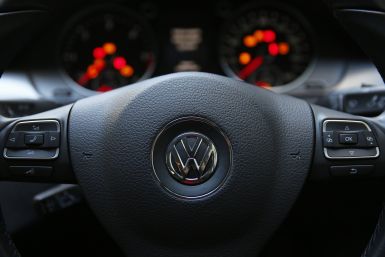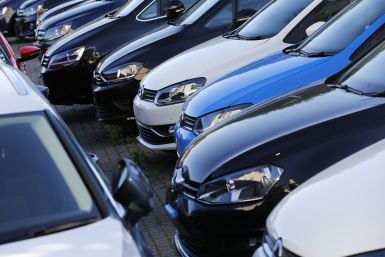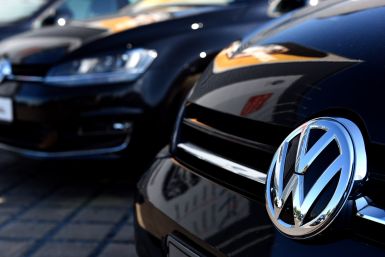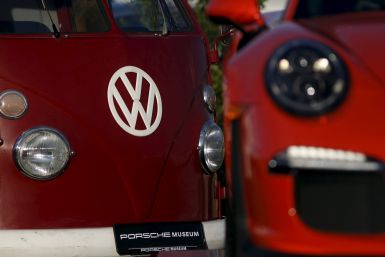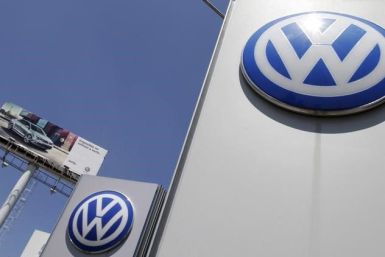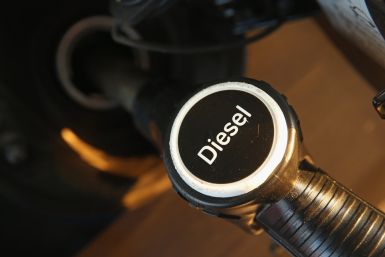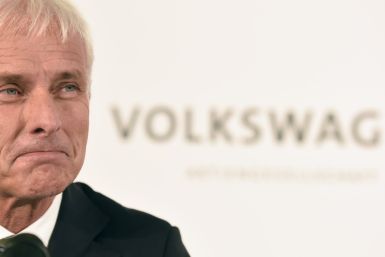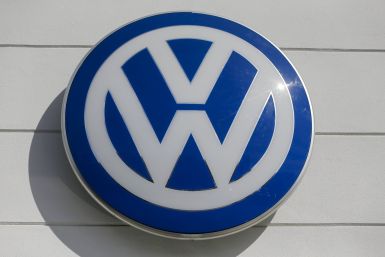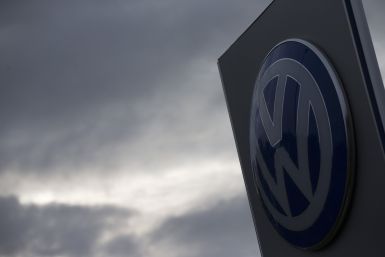"I believe the reputation of the German economy and the trust in the German economy has not been shaken by this to the extent that we are no longer considered a good business location," the chancellor says.
Despite Volkswagen’s lack of communication about when car fixes will come, dealers from Ohio to Florida say they aren’t sweating a significant loss of sales.
The death toll is probably much higher in Europe, where more of the German automaker’s cars were sold.
The emissions tests reportedly would begin in about 10 days, with results set to be published by next May.
Hans Dieter Poetsch also indicated he believes Volkswagen could overcome the crisis.
European policies -- and the Chinese jewelry market -- have contributed to the dip in demand for the precious metal and the corresponding drop in its price.
The U.S. agency that publicized Volkswagen's cheating on emissions tests will check diesel vehicles made by other manufacturers for the possibility of similar frauds.
Drew Mizak, a Connecticut schoolteacher, wants Volkswagen to recall or replace the cars he bought under the impression they environmentally sound.
In September, scandal-plagued German automaker Volkswagen missed out on one of the best auto sales months in the U.S. in more than a decade.
German prosecutors said Thursday that an earlier statement about Martin Winterkorn being under criminal investigation was "formulated incorrectly."
Sources told Reuters there were worries that a downgrade could inflict higher borrowing costs on the company.
In the coming days, the German automaker is likely to announce a "comprehensive" plan to refit up to 11 million vehicles equipped with "defeat devices."
Volkswagen faces at least $18 billion in fines in the U.S. alone, and has lost more than a quarter of its share value, since the automaker admitted last week to cheating on emissions tests.
Meanwhile, a European organization said it had found that the company's gasoline-powered cars consumed significantly more fuel than tests showed.
Reports to watch this week include consumer spending, weekly jobless claims and unemployment rate.
Countries around the world have launched their own investigations after the company was caught cheating on tests in the United States.
"The percentage of our business that's diesel is very small," says Jed Kass, a Volkswagen dealer in the Brooklyn borough of New York.
The German automaker is already facing fines of as much as $18 billion, after admitting it used software that reported misleading data during emissions testing.
Authorities in Germany have known for years about the widening gap between emissions values measured in official laboratory tests and those recorded in real-world environments.
Switzerland also halted the sale of other models from carmakers, including Audi, Seat, and Skoda, that have been linked to the massive emissions-faking scandal.
Suzuki Motor Corp said it has sold its entire 1.5 percent stake in Volkswagen AG to Porsche Automobil Holding SE and will post a special profit of 36.7 billion yen ($304 million) on the transaction.
As Volkswagen's diesel deception comes to light, critics say it's time to revamp auto emissions testing.










